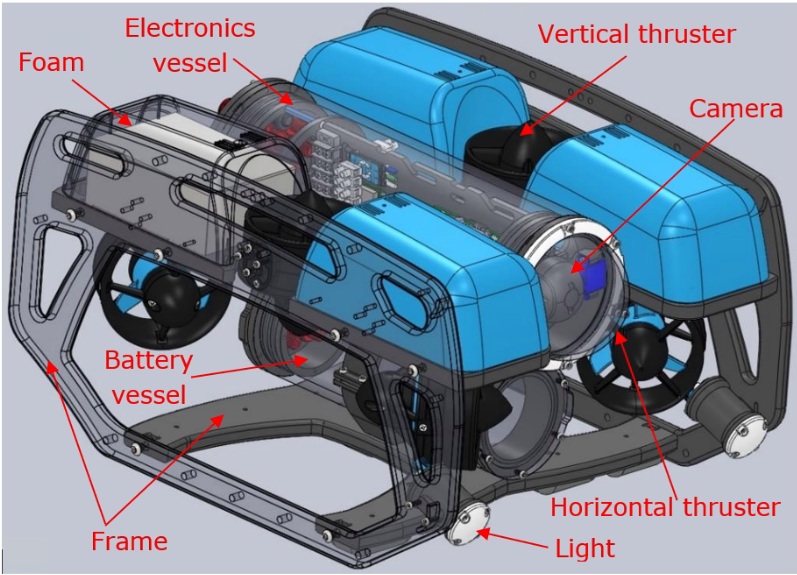The objectives of this course are to:
- understand and use Czech language in a basic level, in order to respond in a variety of everyday communication situations.
- learn about Czech history and culture
- AUTeacher: Admin User
The aim of the course on drone system (remotely operated vehicles) is to provide students with knowledge on the technologies for the design, development, and implementation of drones in different sectors. The complexity of the drones require knowledge in hardware and software design, sensors, actuators, cameras, communication technologies, data structures and data transmission, motion, kinematics, data management.
At the end of the course students will have a basic knowledge of how drones work, are built and could be implemented in different applications (industrial, environmental), how the drones could be used in the integrated sustainable solutions and be interoperable with other systems.
- AUTeacher: Admin User
The objective of the course is to train the students within basic concepts of digital technologies in farming systems, the integration of digital tools in crop production - methods applied, data generated and data used to monitor and manage the agricultural system in front of the challenges nowadays, including the use of various metrices to evaluate crop production and environmental state. Possible approaches for improving the food systems for efficient water and nutrients use are in focus in relation to improved use of external resources to minimize reactive flows of nutrients. Students will obtain both theoretical and practical knowledge on data in agriculture, models and tools to analyze data in the context of food systems and losses from fields, farm and system level.
- AUTeacher: Admin User
To give the students an up to date introduction to the concept of circularity and circular economy, including bio-economy (fresh carbon-based value chains), both in Europe and globally, to allow them to identify and develop suitable circularity concepts for plausible economic models encountered in their study or work. Furthermore, the course will present the newest knowledge and an overview of the current status of metrics for quantifying circularity and the issue of scaling circular business models.
- AUTeacher: Admin User
The aim of the course IoT Platforms and Systems is to provide students with knowledge on the technologies for the design, development, and implementation of the solutions in different sectors. IoT systems are proven to build a sustainable smart distributed and centralized, edge and cloud computing, mobile and fixed, wired, and wireless applications in different sectors such as smart agriculture, smart cities, smart water, smart transport, smart utilities, and many others.
At the end of the course students will have a basic knowledge of how to work, build and enhance the systems in a sustainable and interoperable way.
- AUTeacher: Admin User







